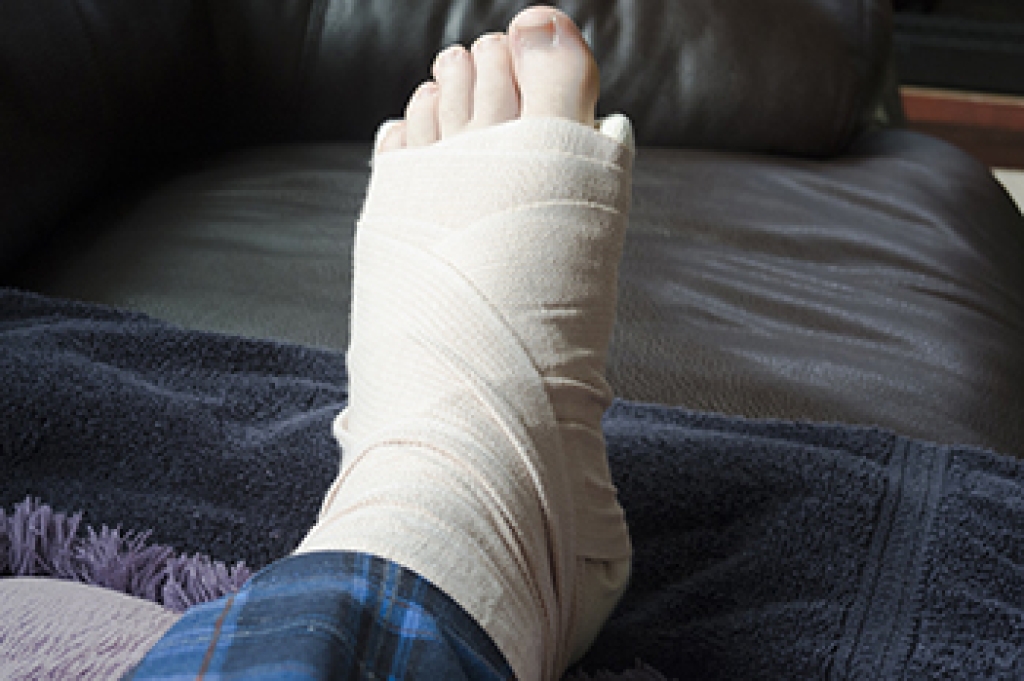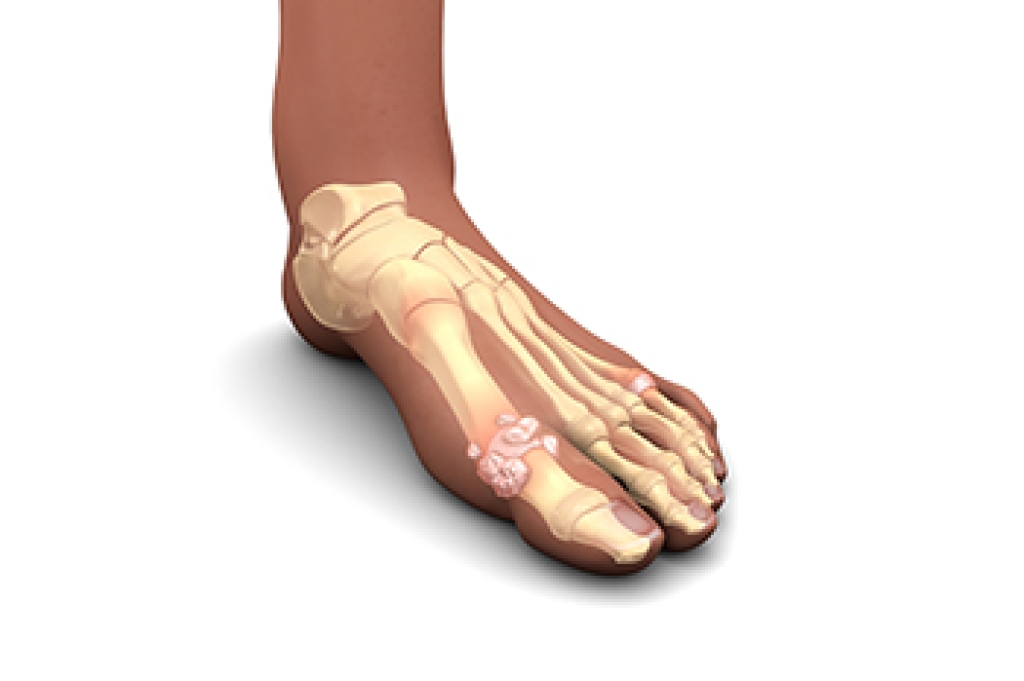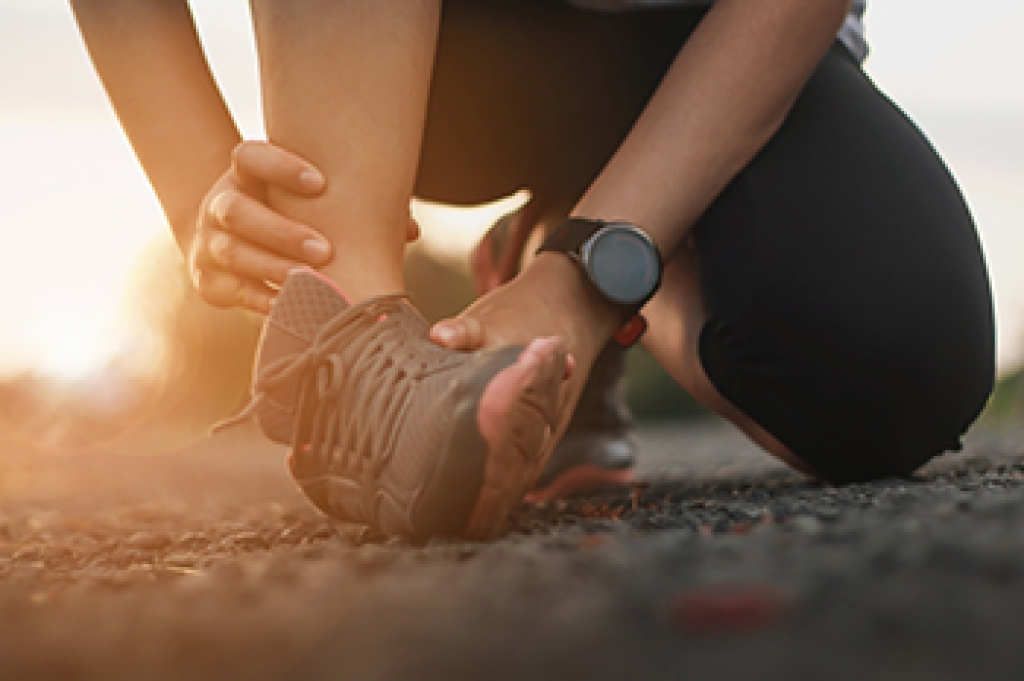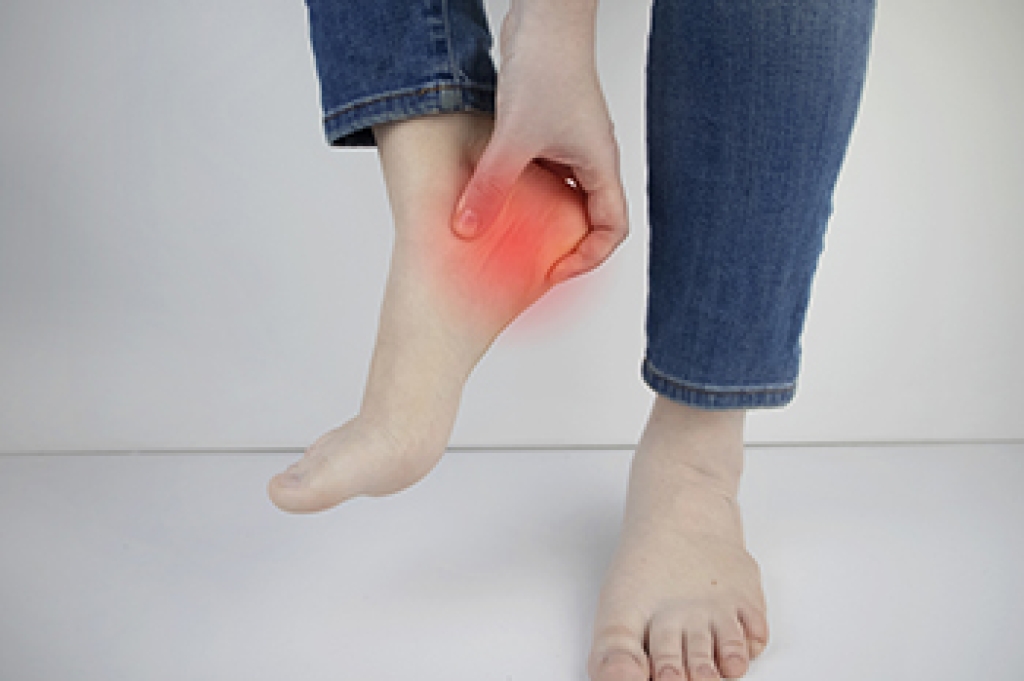
Bones are essential components of our skeletal system, providing support, facilitating movement, and safeguarding our internal organs. When a bone undergoes excessive force, resulting in a fracture, it can lead to pain, reduced function, bleeding, and injury in the affected area. A broken foot is no exception. There are different types of bone fractures, including closed and open fractures, greenstick fractures in children, and hairline fractures. Complicated fractures, comminuted or bone shattering fractures, and avulsion fractures can also be added to the list. A podiatrist will diagnose a foot fracture through X-rays, CT scans, or MRI scans. Treatment can include splints, braces and plaster casts. Additionally, undergoing traction and surgical procedures may also be viable treatment options. If you have broken your foot, it is strongly suggested that you make an appointment with a podiatrist who can determine that the best treatment method is for you.
A broken foot requires immediate medical attention and treatment. If you need your feet checked, contact one of our podiatrists from Associates in Podiatry, PC. Our doctors can provide the care you need to keep you pain-free and on your feet.
Broken Foot Causes, Symptoms, and Treatment
A broken foot is caused by one of the bones in the foot typically breaking when bended, crushed, or stretched beyond its natural capabilities. Usually the location of the fracture indicates how the break occurred, whether it was through an object, fall, or any other type of injury.
Common Symptoms of Broken Feet:
- Bruising
- Pain
- Redness
- Swelling
- Blue in color
- Numbness
- Cold
- Misshapen
- Cuts
- Deformities
Those that suspect they have a broken foot shoot seek urgent medical attention where a medical professional could diagnose the severity.
Treatment for broken bones varies depending on the cause, severity and location. Some will require the use of splints, casts or crutches while others could even involve surgery to repair the broken bones. Personal care includes the use of ice and keeping the foot stabilized and elevated.
If you have any questions, please feel free to contact our offices located in Pittsburgh-South Hills, and Pittsburgh-Bellevue, PA . We offer the newest diagnostic and treatment technologies for all your foot care needs.




